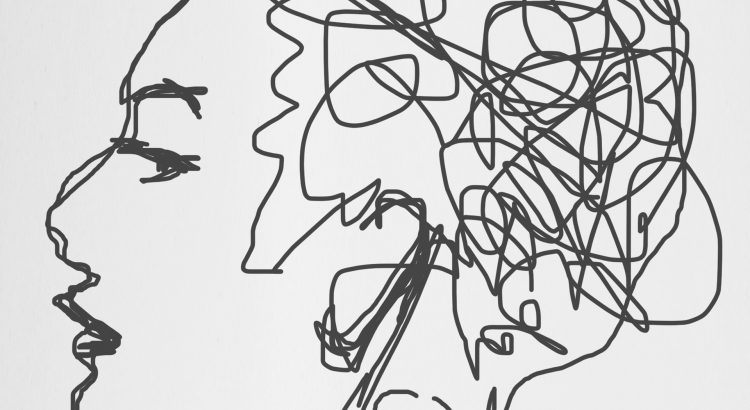When the current lockdown started, right before Rosh Hashana, two things were clear:
- The goal of the lockdown, as stated by Health Minister Yuli Edelstein, was not to lower infection rates. It was simply to stop the infection rates from continuing to rise at an astronomical rate.
- Many Israelis found the uncertainty about the lockdown, and the way it was announced at the last minute, to be one of the hardest parts about the lockdown.
Therefore, it was perhaps surprising when the cabinet voted this morning to tighten the lockdown restrictions. After all, a last-minute set of extra restrictions was part of what had caused emotional and financial hardship to the public in the first place. It’s even more surprising when one finds out that the new restrictions were against the recommendations of Health Minister Yuli Edelstein and Coronavirus “Czar” Roni Gamzu, both of whom believe that these new strictures will only be marginally beneficial, and are therefore not worth the economic cost.
Perhaps the restrictions become less surprising when one looks at reports that the primary topic that was discussed during the cabinet meeting was the anti-Netanyahu protests. According to Netanyahu, he wanted to shut down the protests, and was advised by Attorney General Avichai Mandelblit that he could only legally do so if there was a tight national lockdown. But Mandelblit denies this. Bibi blamed the protests for being the cause of mass public non-compliance of Coronavirus regulations, as if there were no mass weddings, large prayer services, nightclubs, and restaurants that were regularly flouting the rules. Also, Shas MK Arye Deri was refusing to close indoor prayer services (which some health experts want closed) unless protests were shut down.
A tight national lockdown provides a means of shutting down both protests and prayer services, even though the government is now already speaking about having special exceptions for prayer services on Yom Kippur. Also, it seems like a person might still be allowed to attend a protest, if it’s in 20 person capsules with everyone two meters apart and wearing masks, and is within a kilometer of their house. Except that the entire point of a protest is people gathering together en masse to express a political opinion. Once protests are limited to those within a 1km range and can’t gather a large crowd, they lose their political power.
But, because we live in a Kafkaesque political climate, the fact that the cabinet voted on something has very little bearing on whether that thing actually becomes law. The Knesset is already talking about refusing to vote the cabinet’s new regulations into effect. Meanwhile, the Israeli public is left with the same uncertainty.
This uncertainty amplifies the economic cost of the lockdown: In interviews with restaurant owners in Haaretz recently, many of the restaurant owners complained that the hardest part of the situation was the uncertainty and constantly shifting guidelines, which made it nearly impossible for them to plan.
The uncertainty also amplifies the emotional impact, and undermines trust in the government (the theory being that if it knew what it was doing or had a plan, things would be less last minute), which leads to non-compliance of the guidelines -thereby necessitating the need for even stricter rules, which are again announced at the last minute. It becomes a vicious cycle.
